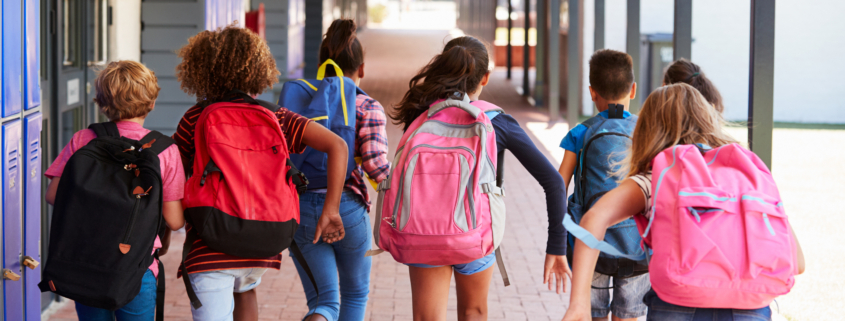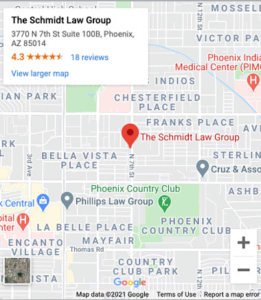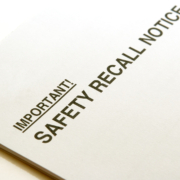Bullying can make going to school a nightmare for children. Even though schools are taking more steps to prevent bullying and, when it does happen, to stop it before it escalates, children still sometimes suffer for months, being tormented by bullies, before any adults notice or intervene. Generally, bullying escalates slowly. By the time it results in serious injury, there will have been warning signs that it was the responsibility of adults in the bullied child’s life to notice. Here are some warning signs to look for and steps you can take to help protect children from bullying.
Warning Signs of Bullying
Often, children who are being bullied internalize their pain because they are afraid or ashamed to tell their parents, or perhaps because the bullies have even threatened them not to speak up. To be clear, bullying is abuse, even though the abusers are other children. Here are some signs that a child is being bullied in school.
- The child does not want to talk to you about what goes on in school. When you ask, he or she changes the subject, gives vague answers, lies, or gets angry.
- The child dreads going to school. It is a struggle to drop him or her off at school or the bus stop.
- The child comes home from school with visible injuries. When you ask about them, he or she gives an implausible explanation or says that he or she does not remember how they happened.
- The child gets frequent, non-specific symptoms of illness, such as headaches and stomachaches. These symptoms could be a response to the emotional stress and anxiety associated with bullying, or the child might be exaggerating or faking the symptoms in order to avoid going to school. In either case, you should interpret it as a warning sign.
- The child’s grades get worse.
- The child loses interest in socializing and extracurricular activities.
- The child’s eating habits change. He or she may refuse to eat or overeat.
- Especially in older children, the child engages in risky behaviors such as drinking, taking drugs, and self-harm.
Bullying is a Mental Health Issue
Schools have a responsibility to deal with bullying the way they would any other mental health issue. Many children who bully their classmates are themselves victims of abuse at home. Bullies and victims of bullying both need help. If you suspect that there is bullying going on at your child’s school, the most important things to do are to listen, speak up, and to document everything.
- If a child talks to you about bullying, just listen. Do not overreact, and do not dismiss the child’s concerns. Reassure the child that you will help him or her find a solution to the problem.
- Keep talking to authority figures about the problem until someone takes you seriously. If the child’s teacher is defensive or unhelpful, talk to the school guidance counselor, assistant principal, or principal.
- Keep records of all correspondence you get from the school and the child’s doctor, as well as text messages from your child that refer, even indirectly, to the problems at school.
Contact Eric Schmidt About Personal Injury Cases
The right time to get a lawyer involved in issues of school bullying is when you perceive that adults at the school are aware of the abuse and are not doing enough to stop it. Do not wait until it results in serious physical injuries or worse. Contact Eric Schmidt in Phoenix, Arizona to discuss children’s legal right to be protected from bullying.










